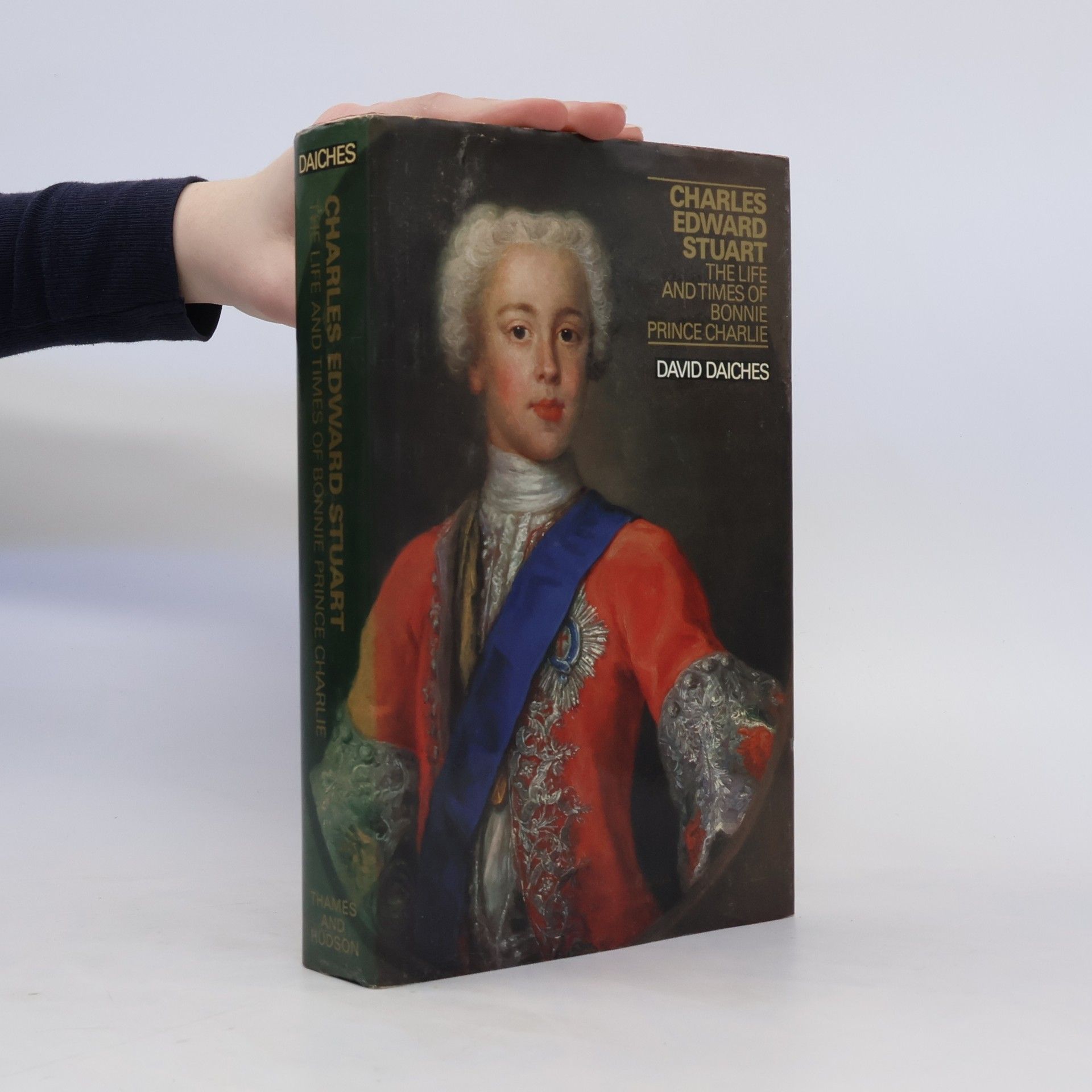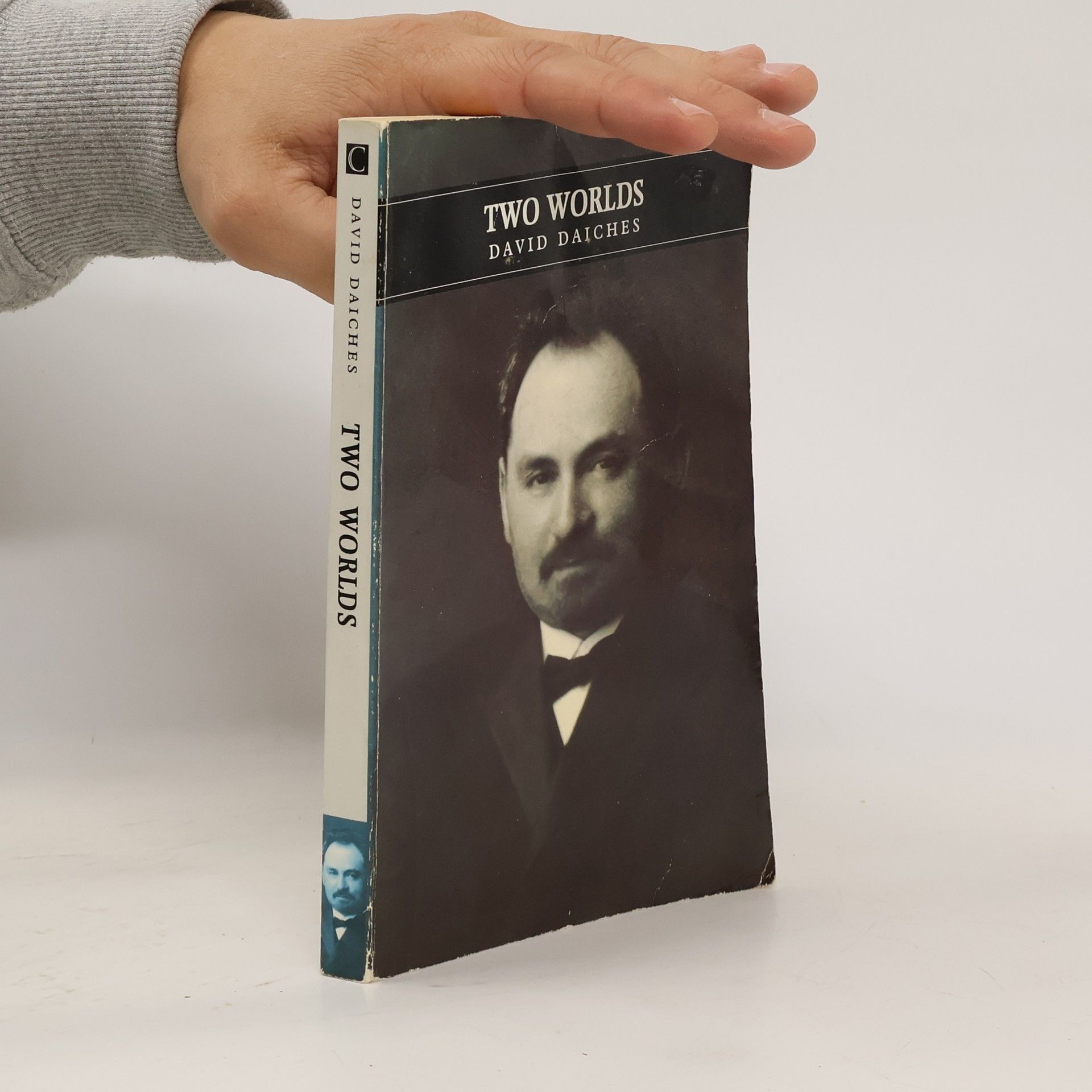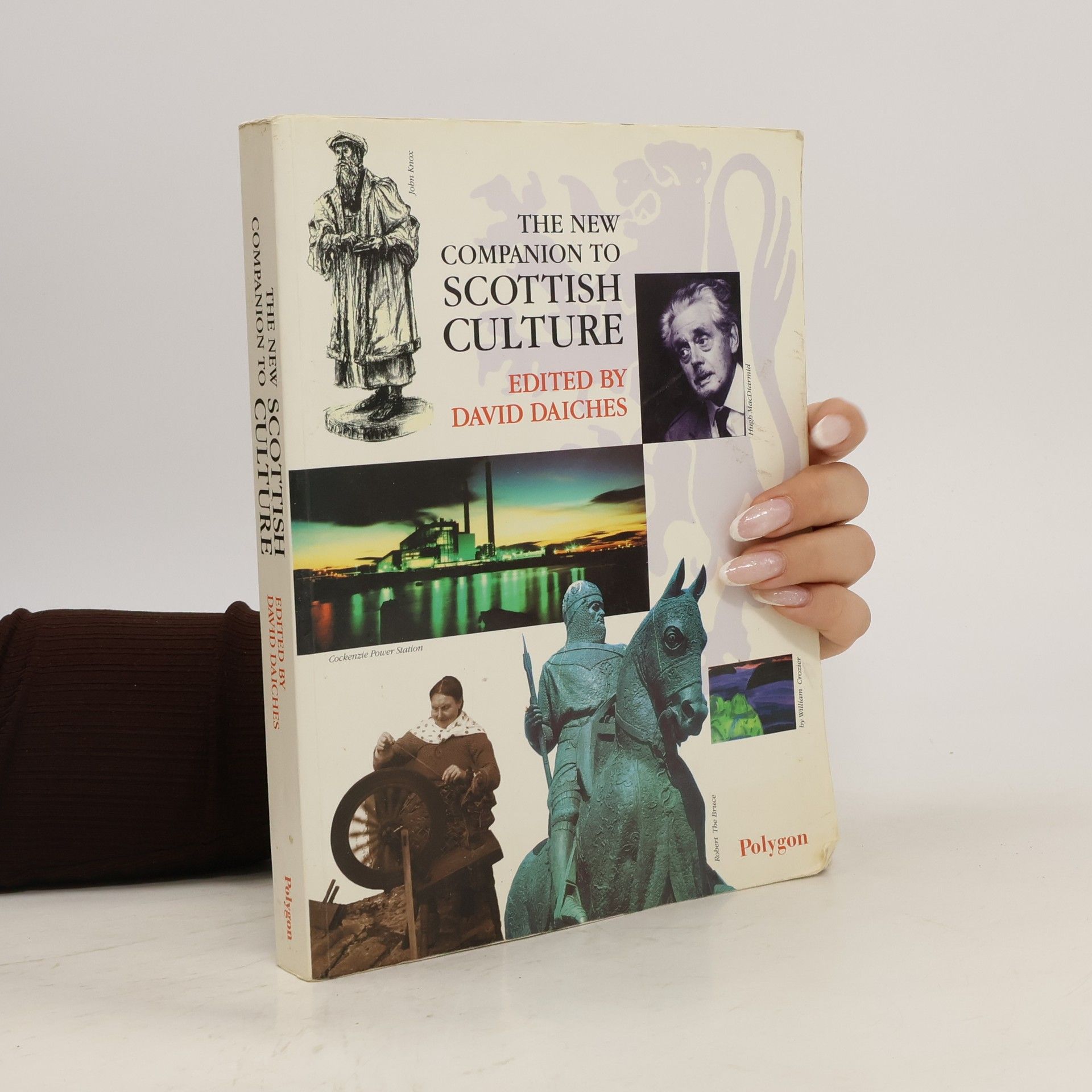The transition from an aristocratic ideal of courtliness to a bourgeois ideal of gentility is well documented in European culture. The development is a commonplace, but there were special factors present in Scotland which were not present in England or indeed elsewhere in Europe. These make the Scottish situation unusually interesting.The chapters of this book were delivered as the Alexander Lectures at the University of Toronto in March 1980.
David Daiches Libros
David Daiches fue un historiador y crítico literario escocés que profundizó en la literatura inglesa y escocesa, así como en la cultura escocesa. Su obra exploró el papel más amplio de la literatura en la sociedad, con un enfoque crítico valorado por su profundidad. Daiches se dedicó tanto a la historia literaria como a la crítica, contribuyendo significativamente a la comprensión del patrimonio literario de Escocia. Su escritura se caracterizó por su perspicacia e interés en la importancia de la literatura más allá de los confines académicos.
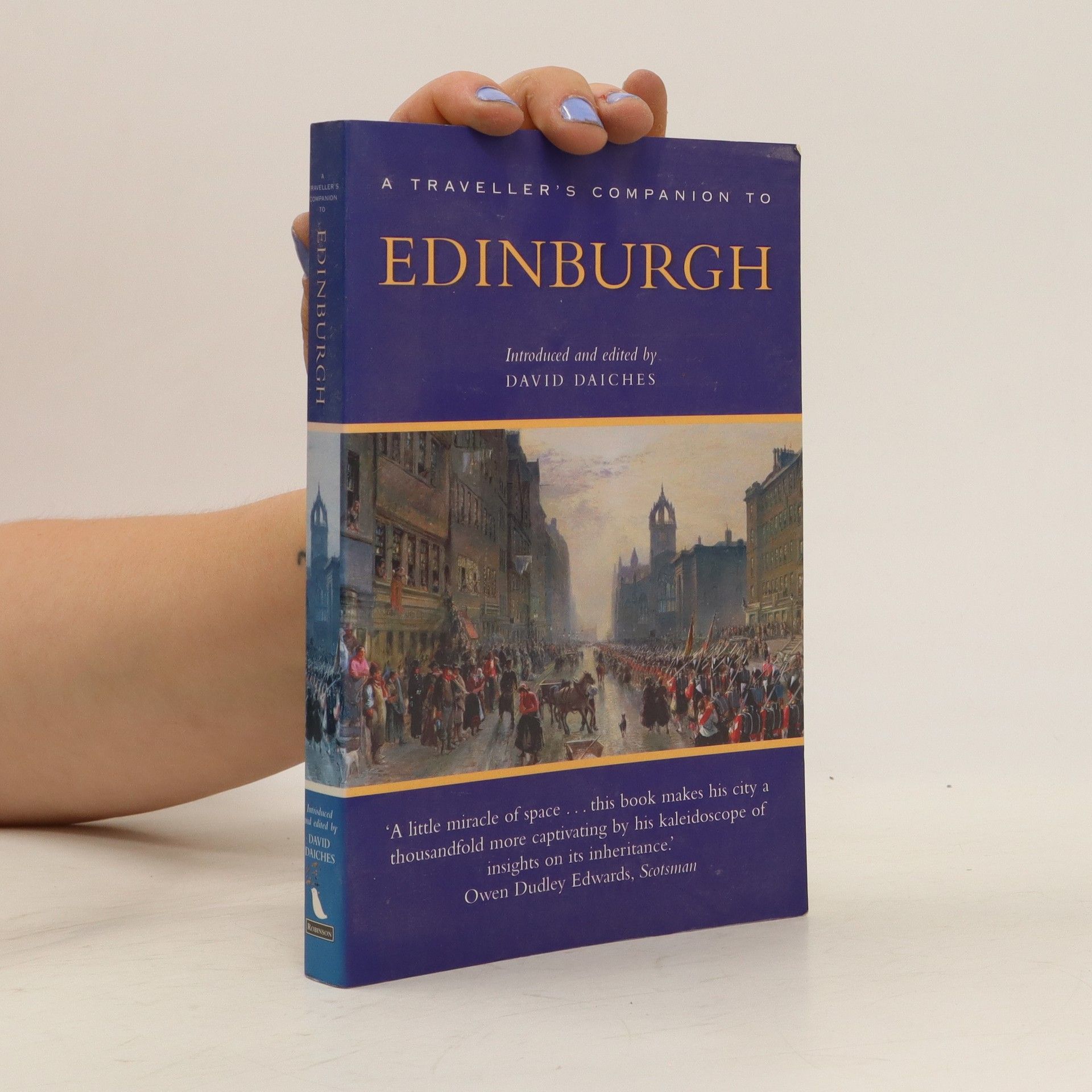
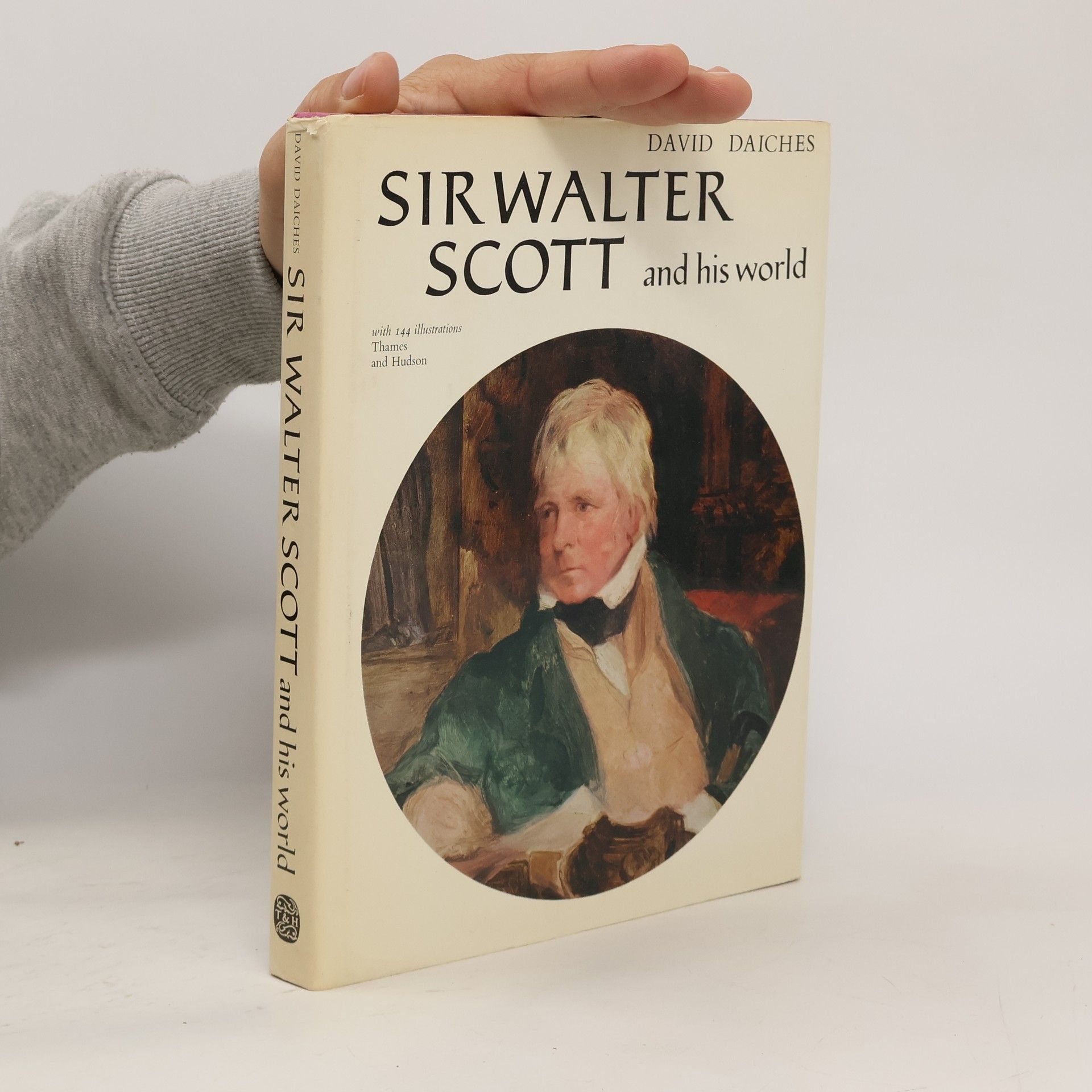
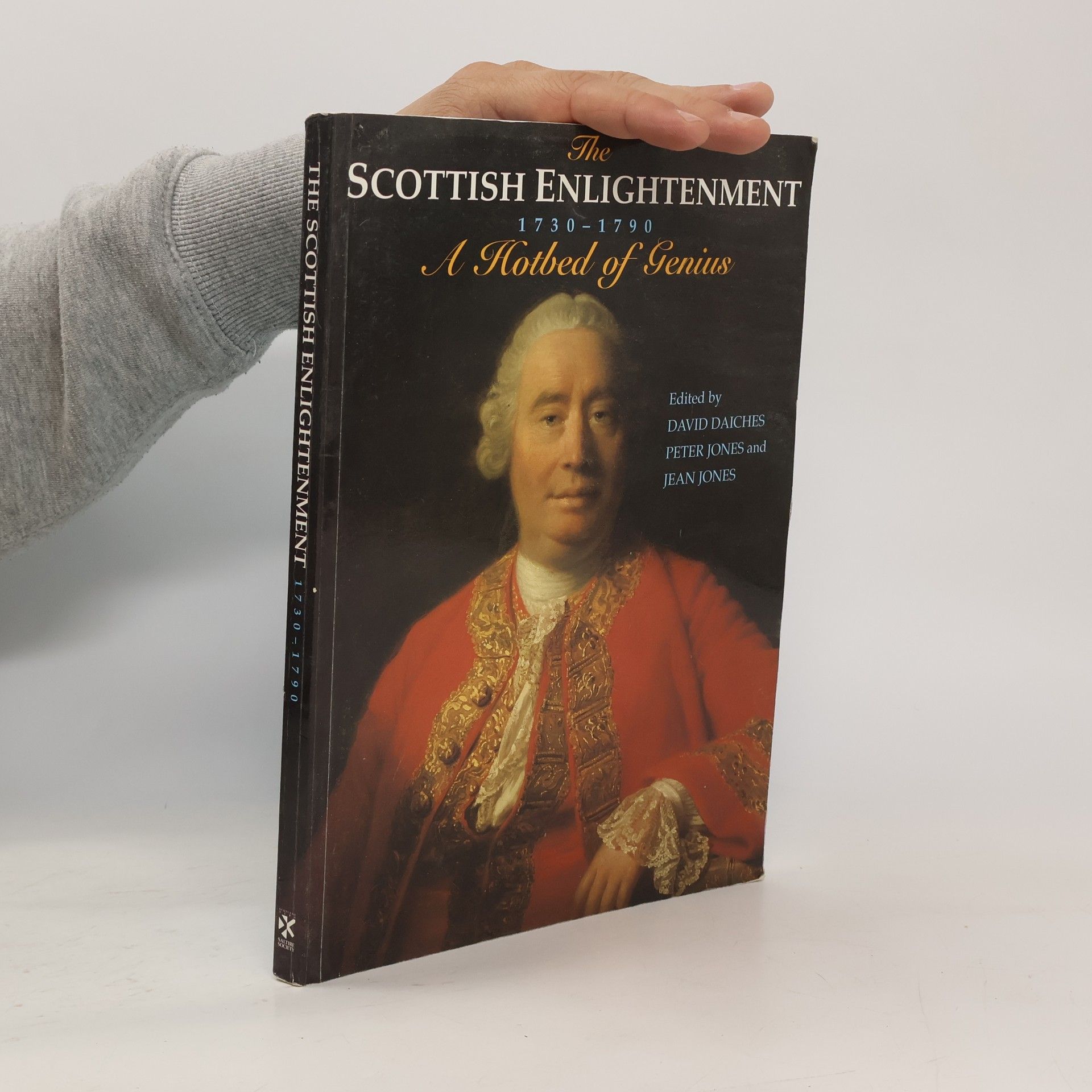
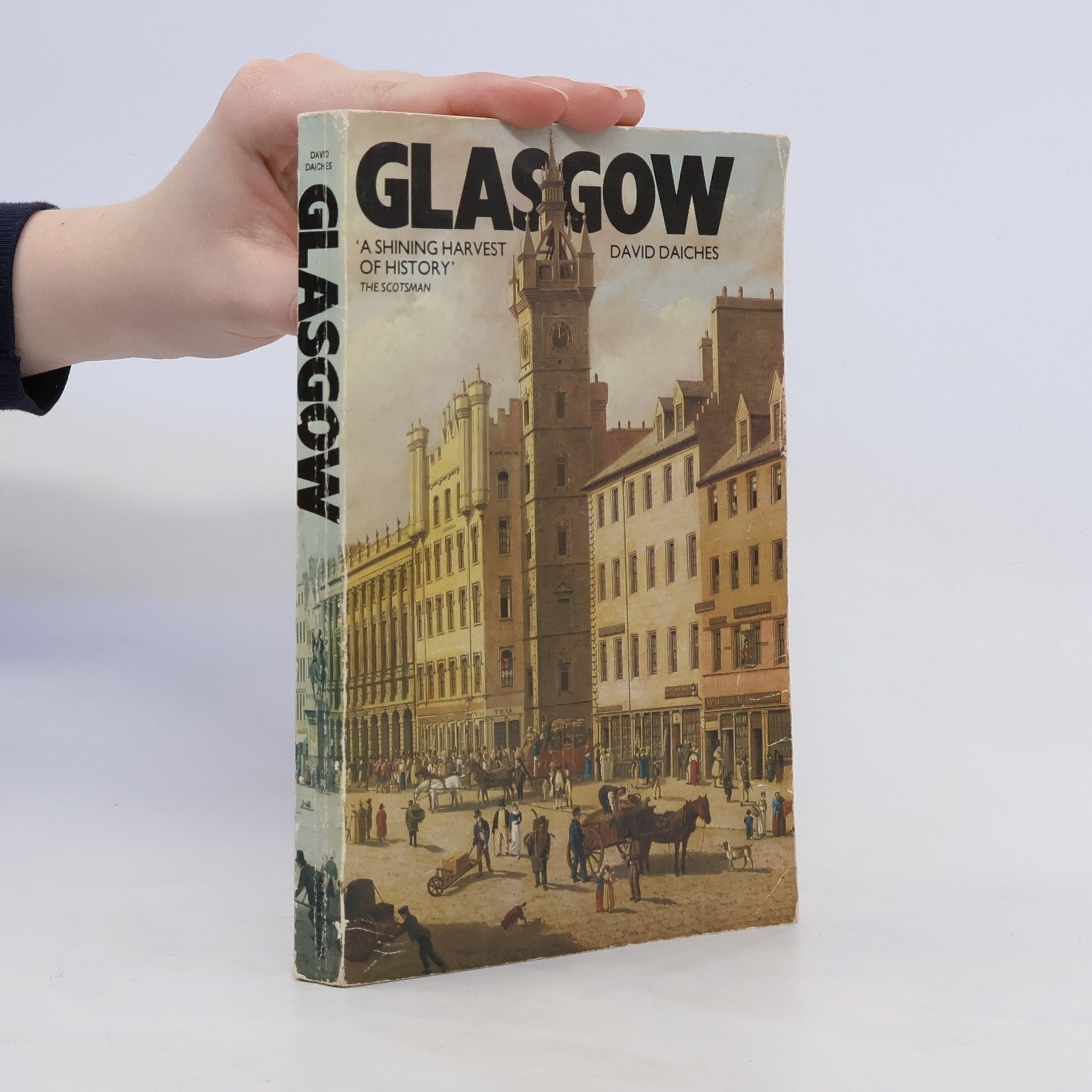

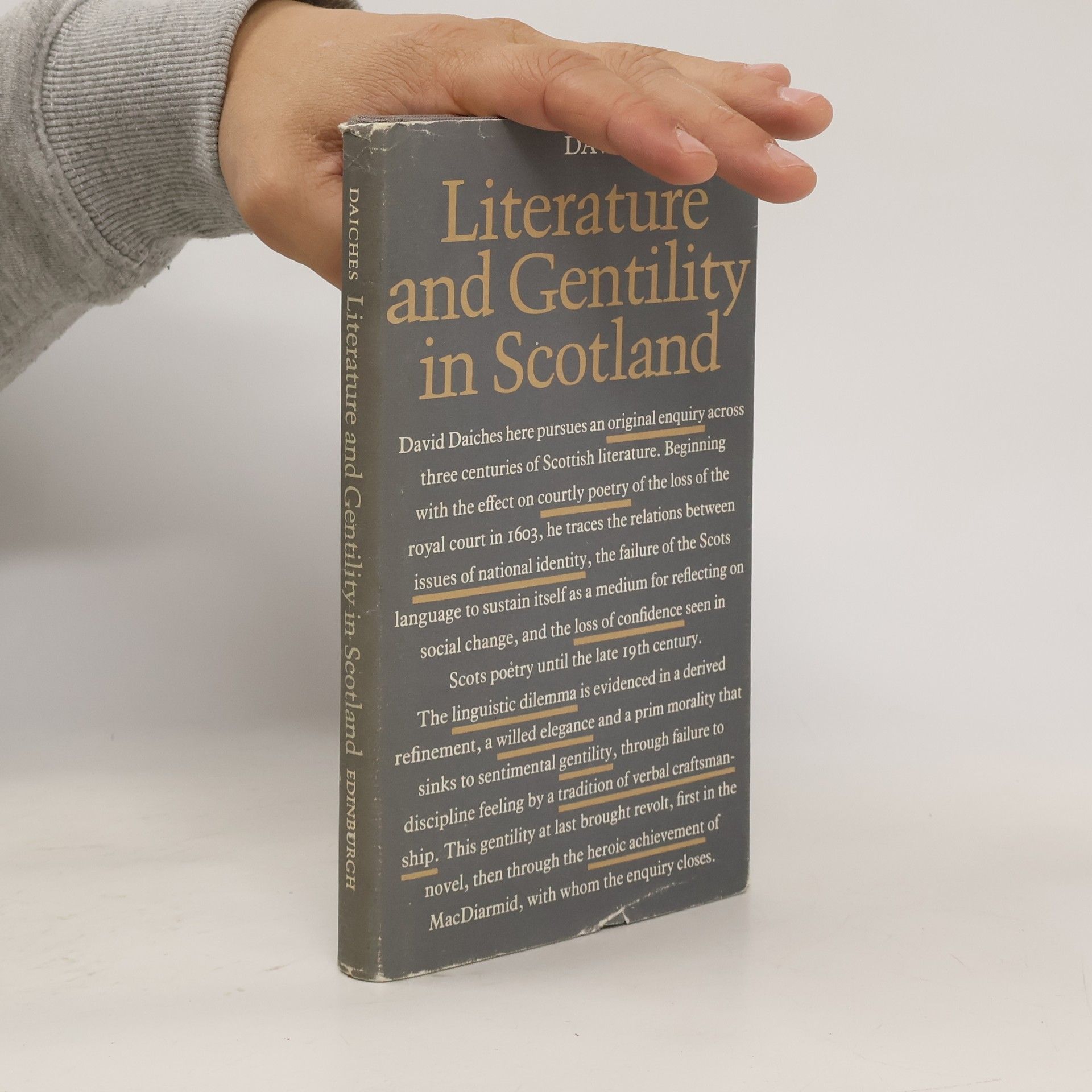
Cumbres borrascosas
- 414 páginas
- 15 horas de lectura
Barcelona. 24 cm. 414 p. Encuadernación en tapa dura de editorial con sobrecubierta. Brontë, Emily 1818-1848. Wuthering heights. Traducción Carmen Martín Gaite. Éxito internacional. Martín Gaite, Carmen. 1925-2000 .. Este libro es de segunda mano y tiene o puede tener marcas y señales de su anterior propietario. 8440637284, 9788440637284
Glasgow
- 288 páginas
- 11 horas de lectura
Book by Daiches, David
Offering a study of the Scottish Enlightenment, this collection of essays deals with the period from 1730 to 1790 - one of the most important in Scotland's history. It was an age when many aspects of mankind's existence - philosophy, economics, art, law, architecture, medicine, engineering - were studied and questioned. It was also a time when Scotland's cities were hotbeds of genius, and Scotsmen such as the philosopher David Hume, the economist Adam Smith, the chemist James Black and the geologist James Hutton developed their ideas and successfully challenged the beliefs of the past.
Sir Walter Scott and His World (A Studio book) [Sep 21, 1971] Daiches, David
A Traveller's Companion to Edinburgh
- 229 páginas
- 9 horas de lectura
Edinburgh is a city whose history is written on its face. The Old Town on its crowded rock, sloping down from the Castle to Holyroodhouse, has not significantly changed its atmosphere since the turbulent fifteenth and sixteenth centuries, when riots, processions, or public executions jammed the High Street. And the very different era that followed the bloody religious wars of the seventeenth century is epitomized by the elegant streets and squares of the New Town - the eighteenth-century Enlightenment whose writers, philosophers and lawyers made Edinburgh famous. This anthology of extracts from letters, memoirs, diaries, novels and biographies of interesting visitors and inhabitants, including the writings of Scott, Boswell, Cockburn, John Knox and many others, recreates for today's visitors the drama, the history, and the life of the city in buildings and places that can still be visited. The daring Scottish recapture of the Castle from the English in 1313; the confrontation between Calvinist John Knox and Catholic Mary Queen of Scots in Holyroodhouse; an eye-witness account of the execution of Montrose at the Mercat Cross in 1650; reeking slop-pails in the wynds and polite manner
Charles Edward Stuart
The Life and Times of Bonnie Prince Charlie
Why did Charles Edward Stuart become one of the great romantic figures of history, a familiar name even to those who know nothing of his curious career? Professor Daiches brushes away the dust from the waxwork figure the Bonnie Prince has become, and writes of the real person within the context of his time.
Two Worlds
- 224 páginas
- 8 horas de lectura
David Daiches was a distinguished literary historian and critic, known for his extensive contributions to the field. He served as Professor of English at the University of Sussex from 1961 to 1977, during which time he shaped literary scholarship and education. His prolific work reflects a deep engagement with literature, making significant impacts on both academic circles and broader literary discussions.
Let's Collect Scotch Whiskey
- 32 páginas
- 2 horas de lectura
Information on how to select the perfect blend by label and year.
A compendium of information on Scottish life, work, play and imagination. This new and completely revised edition takes in events of the past decade which has seen a flowering of Scottish art, music and literature.
